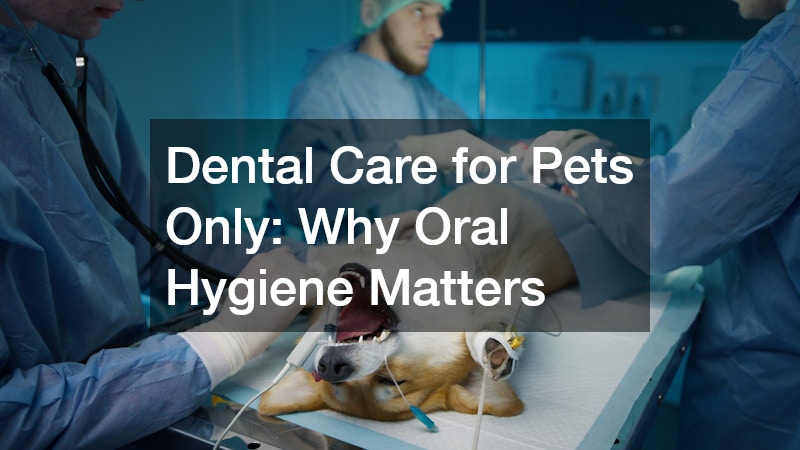
Pet owners often go to great lengths to ensure their animals are healthy, from providing proper nutrition to scheduling routine veterinary appointments. However, one essential aspect that frequently goes overlooked is dental care. Oral hygiene for pets isn’t a luxury—it’s a necessity. Much like in humans, a pet’s mouth serves as a gateway to overall health. Without regular dental maintenance, animals can suffer from a variety of issues, ranging from bad breath and gum disease to severe infections that impact vital organs.
Proper pet oral care contributes not only to comfort and longevity but also to avoiding unnecessary visits to a pain management clinic due to complications related to neglected dental health. Just as you wouldn’t skip routine teeth cleaning, it’s essential not to neglect your pet’s needs either. Ignoring dental care can even lead to systemic conditions that require the expertise of doctors or veterinary specialists.
Moreover, taking charge of your pet’s dental hygiene can reduce the chances of needing urgent veterinary care for oral emergencies. Whether you own a dog, cat, bird, or exotic animal, integrating a pet-focused dental routine enhances their quality of life. In this article, we’ll dive deep into why dental care matters exclusively for pets and how it ties into broader healthcare contexts, even linking to industries as diverse as avian ecotoxicology testing and business services like third party medical billing service. Let’s explore the key components of pet oral hygiene and why proactive care is paramount.
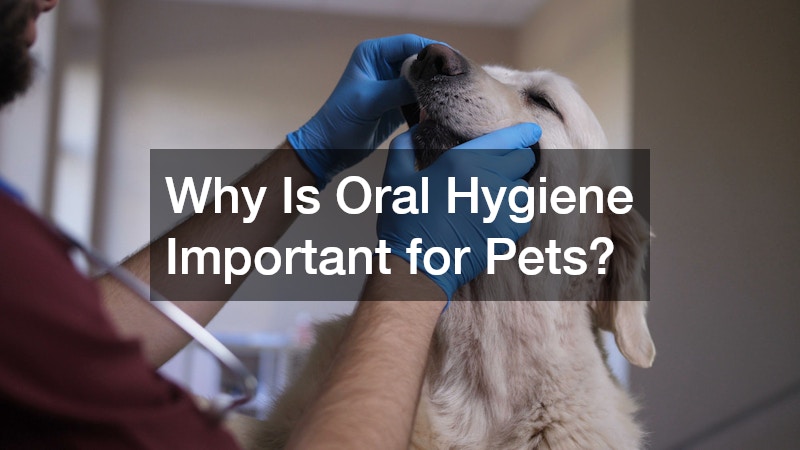
1. Why Is Oral Hygiene Important for Pets?
Understanding the significance of oral hygiene in pets starts with recognising how integral dental health is to overall wellbeing. Unlike humans, animals can’t verbalise discomfort. This makes it critical for pet owners to proactively manage their furry friend’s oral care. Plaque and tartar buildup can lead to gingivitis, tooth decay, and even more severe systemic infections if bacteria enter the bloodstream.
Left unchecked, poor oral hygiene may lead to complications requiring urgent veterinary care or intervention from a pain management clinic for chronic oral pain. Just like human doctors treat patients with gum infections, veterinarians handle similar conditions in animals, emphasising the parallel need for routine teeth cleaning in pets.
Good dental hygiene prevents bad breath, preserves teeth, and ensures your pet stays active and happy. It also reduces the chances of other illnesses, such as heart, liver, and kidney disease. Comparing human and pet dental needs reveals some similarities, such as the necessity for regular cleanings, but also highlights differences, like specific enzyme activity in animal mouths.
Unfortunately, myths like “dogs clean their teeth by chewing bones” persist. These misconceptions may lead owners to skip proper care, resulting in painful consequences. Debunking such myths is crucial in shifting the narrative toward responsible pet ownership, encouraging people to treat their pets’ oral health with the same seriousness as their own.
2. Signs of Dental Problems in Pets
Recognising the warning signs of dental issues in pets can prevent serious health complications. One of the earliest and most noticeable signs is bad breath. While pet breath isn’t expected to be minty fresh, a particularly foul odour may signal bacterial overgrowth or infection. Pet owners should pay close attention to their animals’ mouths and be proactive about their health.
Gum issues, including inflammation, bleeding, and discolouration, are also indicators that your pet may need teeth cleaning or professional intervention. Receding gums can expose nerves and roots, leading to significant discomfort. Tooth fractures, tartar buildup, or visible decay should also raise immediate concerns.
Behavioural changes—such as reluctance to eat, favouring one side of the mouth while chewing, drooling, or irritability—can also signal dental pain. In extreme cases, untreated dental issues may require a visit to a pet urgent care facility or even surgical intervention.
Regular check-ups are essential to stay ahead of these problems. During these visits, veterinary professionals often uncover hidden issues that are difficult to detect at home. These examinations can prevent unnecessary visits to a pain management clinic down the line. Prioritising routine care, just as you would for a human visiting a cancer doctor or dentist, ensures a healthier and happier pet.
3. How Often Should You Brush Your Pet’s Teeth?
Brushing your pet’s teeth should become a regular part of their healthcare routine. Establishing consistency helps prevent plaque buildup and keeps the mouth healthy. Ideally, pet owners should aim to brush their pet’s teeth daily, although brushing several times a week can still offer significant benefits.
Using the right tools is vital. Pet-specific toothbrushes and toothpaste—never human varieties—are designed to be safe and effective. Look for products recommended by doctors or vets, and avoid anything that may cause irritation or be toxic when swallowed.
Proper brushing technique involves gently lifting your pet’s lip and using circular motions to clean the outer surfaces of the teeth and gum line. For larger pets, finger brushes may work well, while smaller animals may need miniature brushes for precise care. For birds or exotic pets, consult a professional who understands their unique anatomy and needs, sometimes overlapping with experts in avian ecotoxicology testing.
Age also plays a role. Puppies and kittens need gentle care to build positive associations, while older pets may require more frequent or careful brushing due to receding gums or missing teeth. Adapting to their age ensures lasting dental health. Remember, consistent brushing not only avoids trips to a pet urgent care centre but also supports their overall well-being.
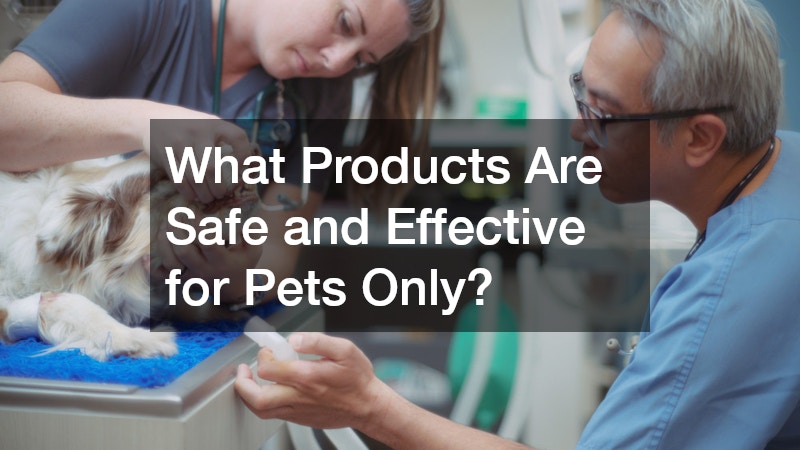
4. What Products Are Safe and Effective for Pets Only?
When it comes to oral care, only use products that are specifically designed for pets. Ingredients that are safe for humans may be harmful—even fatal—to animals. Pet-safe toothpaste, for example, is free of xylitol, a sweetener toxic to dogs and cats.
Popular toothpaste options for pets include flavours that appeal to animals, such as poultry or beef. These flavours make brushing less stressful and more effective. Choosing the right toothbrush is equally important; pet toothbrushes are softer and often angled to better reach back molars.
Dental chews and toys also contribute to good oral health. These products mechanically reduce plaque while also providing mental stimulation. However, it’s important to ensure they’re durable and don’t pose choking risks.
Veterinary-recommended items often come with stamps of approval from organisations like the VOHC (Veterinary Oral Health Council), offering peace of mind. Trusted raccoon removal companies understand the importance of animal safety and may even provide product recommendations for wild or rescued animals, reinforcing the broader ecosystem of animal care.
Always seek guidance from your vet and avoid self-prescribing, as even safe products used incorrectly can lead to problems requiring urgent veterinary care. When in doubt, consult professionals, including those associated with a third party medical billing service, who handle pet care claims.
5. Can Diet Affect Pet Oral Health?
Diet has a profound impact on a pet’s dental health. A balanced, high-quality diet supports overall well-being, including the integrity of teeth and gums. Kibble, for example, may provide a mechanical cleaning effect, but it shouldn’t replace teeth cleaning altogether.
Foods to avoid include sugary treats and table scraps, which can contribute to tooth decay and gum inflammation. Bones may fracture teeth or cause gastrointestinal blockages, contradicting the myth that they’re beneficial. Instead, dental diets specifically formulated to reduce tartar buildup can make a real difference in oral hygiene.
Hydration also plays a key role. Saliva naturally cleans the mouth, and well-hydrated pets have fewer bacteria lingering on their teeth and gums. Fresh water, combined with vet-approved water additives, enhances this effect.
Specialised dental diets are available for pets with specific needs, including small dogs, aging cats, or animals with a history of dental issues. These diets are often prescribed by doctors or veterinarians and can prevent the need for more invasive procedures.
Monitoring your pet’s diet closely and making adjustments as needed not only helps their mouth but can reduce overall health risks, keeping them out of the pain management clinic and ensuring fewer emergencies that demand urgent veterinary care.
6. Dental Care for Different Types of Pets
Different pets have distinct dental care requirements, and understanding these differences is crucial for providing species-appropriate care. Dogs, for instance, are prone to plaque and tartar buildup, making regular brushing and dental chews essential. Some breeds are more susceptible to dental disease due to genetic factors and may require more frequent professional cleanings.
Cats, on the other hand, can develop conditions like stomatitis, which causes painful inflammation. Regular monitoring and early intervention are key to preventing complications. A balanced diet and proper oral hygiene can significantly reduce the risk of dental issues in felines.
Small mammals such as rabbits, guinea pigs, and hamsters have continuously growing teeth, making it important to provide appropriate chew toys and fibrous diets. Overgrown teeth can cause severe pain and even prevent them from eating. These cases may necessitate a visit to a pet urgent care facility.
Birds require attention to beak health, which functions similarly to teeth. An uneven or overgrown beak can interfere with feeding and may indicate a larger health issue. Specialists in avian ecotoxicology testing sometimes identify beak deformities linked to environmental toxins, underscoring the importance of regular check-ups.
Exotic pets such as reptiles and ferrets also have unique dental concerns. Regular veterinary guidance ensures these animals receive the care they need and don’t end up requiring urgent veterinary care for preventable issues.
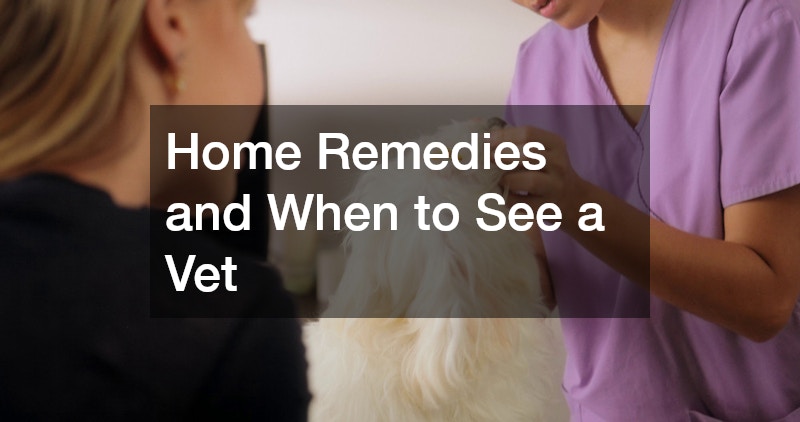
7. Home Remedies and When to See a Vet
While home remedies can be helpful in maintaining pet oral health, it’s vital to know when professional help is needed. Brushing your pet’s teeth with pet-safe products, offering dental chews, and using water additives are common and effective at-home methods. Coconut oil and herbal sprays are sometimes used as natural antibacterials, but their safety and effectiveness vary between species.
Despite these efforts, there are times when home care simply isn’t enough. If your pet shows signs of pain, such as crying while eating, refusing food, or pawing at the mouth, it’s time to seek veterinary help. Persistent bad breath, swelling, or visible tooth decay are additional red flags.
Knowing when to schedule a vet appointment can make a difference in preventing serious complications. Left untreated, infections can spread and lead to conditions that may even require assistance from a pain management clinic or pet urgent care facility. In emergency situations, such as a broken tooth or sudden bleeding, immediate care is essential.
Professional cleaning services offered by licensed veterinarians can remove plaque and tartar that brushing can’t reach. These cleanings are often conducted under anaesthesia to allow for a thorough exam and treatment. Trusting trained doctors ensures your pet gets optimal care and avoids long-term issues.
8. Common Misconceptions About Pet Dental Care
Misunderstandings about pet dental care can cause well-meaning owners to neglect their animal’s needs. One common myth is that pets don’t need dental care. This misconception often leads to avoidable oral diseases. Just as humans rely on regular teeth cleaning to maintain dental health, pets require consistent care too.
Another widespread belief is that dry food alone cleans a pet’s teeth. While kibble may help reduce some plaque through abrasion, it’s not a substitute for brushing or professional cleaning. Similarly, the idea that bones naturally clean teeth is dangerous—bones can crack teeth or splinter and cause internal injuries, leading to emergency visits to a pet urgent care centre.
Many also think that dental care is expensive and unnecessary. While there’s an upfront cost to preventive care, it’s far more affordable than treating advanced dental disease, which may involve surgery or referral to a pain management clinic. Prevention saves both money and suffering in the long run.
Understanding the truth behind these beliefs allows owners to make informed decisions. Just as a cancer doctor would advocate for early detection and routine screening, veterinarians urge regular dental check-ups to avoid irreversible damage. Dispelling these myths is essential for ensuring pets receive the care they deserve.
9. Top Brands and Tools for Pet Oral Hygiene
Choosing the right products can make all the difference in your pet’s oral hygiene routine. There are numerous brands that offer safe and effective toothpaste for pets, such as Virbac and Vet’s Best. These toothpastes are specially formulated to be swallowed and come in flavours that appeal to animals.
Toothbrush design also matters. Finger brushes provide better control, while dual-headed brushes help clean both large and small teeth. These tools make it easier for pet owners to maintain consistent care without causing discomfort.
Innovative dental toys, such as textured chew rings and rope toys infused with cleaning agents, serve dual purposes—entertainment and oral health. Vet-approved water additives, which are simply added to a pet’s drinking water, help reduce bacteria and freshen breath. These products are especially useful for pets who resist brushing.
When comparing product effectiveness, look for VOHC-approved labels, indicating that a product meets professional standards. Trusted professionals, including those in third party medical billing service roles, often recommend these tools as part of comprehensive care plans.
The market also includes options supported by businesses such as raccoon removal companies, which sometimes extend services to include wildlife dental health, especially in rescue scenarios. These partnerships underscore the expanding role of dental health in animal welfare.
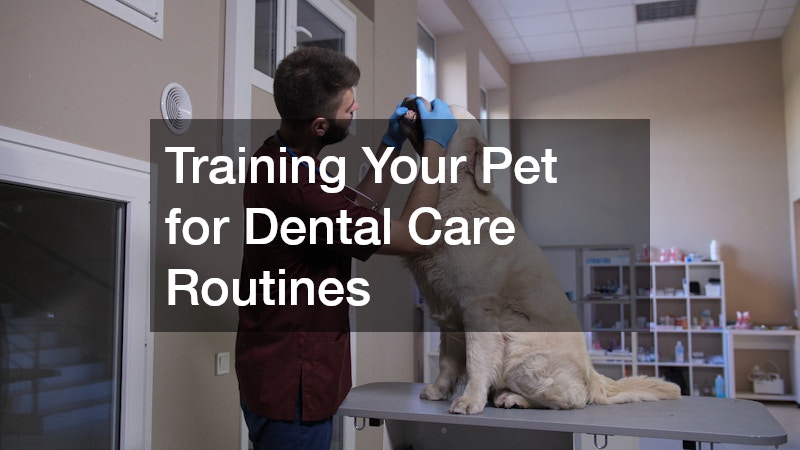
10. Training Your Pet for Dental Care Routines
Training your pet to accept dental care routines requires patience and consistency. Start by gradually introducing them to the tools—let them sniff and taste the toothbrush and toothpaste without brushing at first. This reduces fear and builds curiosity.
Positive reinforcement is key. Use treats, praise, or playtime after each session to associate brushing with rewards. This helps pets become more cooperative over time. For particularly resistant animals, start by touching the mouth and gradually increase contact to include gentle brushing.
Consistency is crucial. Set a regular schedule, ideally at the same time each day, to make the routine predictable. Short, daily sessions work better than occasional long ones. Remember, even brief cleanings contribute to long-term health and prevent trips to pet urgent care clinics.
Involving the whole family in the process distributes the responsibility and keeps the pet engaged. Children, under supervision, can participate, making it a bonding experience. This family-wide commitment mimics the coordinated care you’d expect from doctors managing chronic human conditions or even a cancer doctor coordinating multidisciplinary treatments.
With time, your pet will not only tolerate but may come to enjoy their dental routine. Training ensures a lifetime of better health, fewer emergency visits, and a happier companion.
Prioritising Pet Dental Health: A Lifelong Commitment to Their Wellbeing
Pet oral hygiene is far more than just a cosmetic concern—it’s a fundamental aspect of overall health that affects everything from daily comfort to long-term longevity. Neglecting this area can lead to severe complications, many of which could require emergency attention or intervention from a pain management clinic. Just like human patients rely on doctors for preventive and corrective treatments, pets depend on their caregivers for the same dedication and care.
Regular teeth cleaning, a balanced diet, and the use of safe, vet-approved products all play a role in maintaining excellent oral health. Awareness is key; identifying the signs of dental issues early and acting on them can prevent your pet from suffering in silence. With consistent routines and the right tools, pet owners can avoid the stress of needing urgent veterinary care.
This level of care also intersects with broader sectors, from avian ecotoxicology testing in exotic pets to business services like third-party medical billing service providers who ensure pet treatments are properly managed. Even raccoon removal companies contribute to the overall welfare of animals, highlighting the interconnected nature of animal care industries.
Dental care for pets only is not just a niche concern—it’s a vital part of responsible pet ownership. By prioritising your pet’s oral hygiene today, you invest in their future health, happiness, and longevity. Don’t wait until it’s too late; start brushing, monitoring, and caring with intention now.
